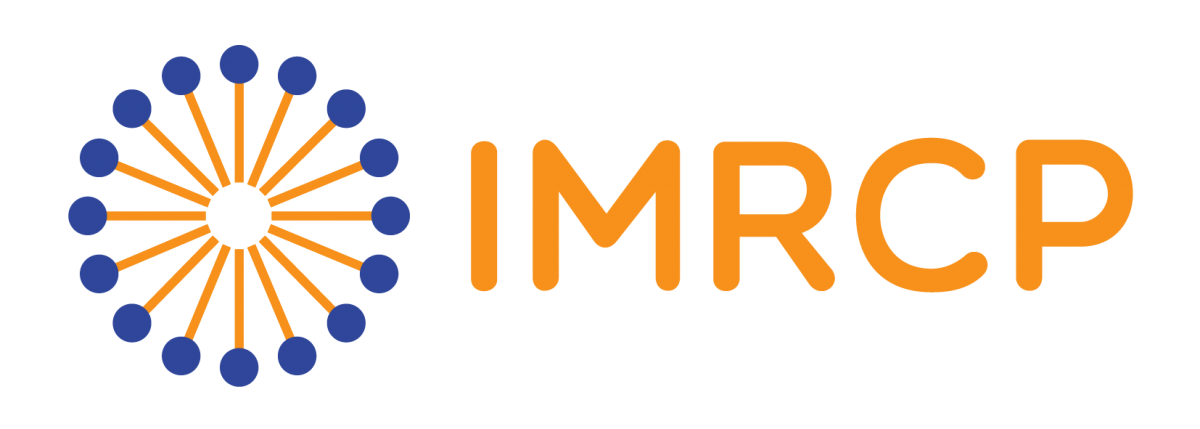Phase-Segregated Vitrimers: Performance And Recyclability
CHEMISTRY & GREEN CHEMISTRY

Lab: IMRCP
Duration: NanoX master Internship (8 months part-time in-lab immersion)
5 months full-time internship
6 months full-time internship
Latest starting date: 31/01/2022
Localisation: IMRCP – Toulouse University Paul Sabatier
118 route de Narbonne
31062 Toulouse cedex 09 - FRANCE
Supervisors:
Marc GUERRE, Dr guerre@chimie.ups-tlse.fr
Mathias DESTARAC, Pr guerre@chimie.ups-tlse.fr
This research master's degree project could be followed by a PhD
Work package:
Vitrimers have recently emerged as a new class of materials offering the best properties of thermoplastics and thermosets.1 The replacement of the permanent covalent bonds of thermosets by dynamic or reversible covalent bonds enhances the mechanical properties and solvent resistance and allows the reprocessing and reshaping of these materials.2 The main research goals in the field of CANs was until recently to develop new chemical platforms.
Nonetheless, now that a rich chemical toolbox is available, the main challenge is to enhance the low mechanical resistance of these materials when subjected to deformations (i.e: creep resistance), especially in elastomeric-type materials.3 Thus, the main objective of this project is to tackle the issue of creep resistance in vitrimer elastomers by using an original approach which takes advantage of polymer/polymer phase segregation as locking agent (Figure 1).4
To create these phase segregated vitrimers, the well-reported segregating ABA triblock copolymer architectures constituted of hard and soft segment will be synthesized. The copolymers will be synthesized. RAFT polymerization technique will by prevailingly employed because of its high versatility and our good expertise. This project is multidisciplinary by nature and will combine organic and polymer syntheses, organic and polymer characterization (such as NMR and SEC), as well as material synthesis and characterization with rheological analysis and recycling studies.
References:
1 D. Montarnal, M. Capelot, F. Tournilhac and L. Leibler, Science, 2011, 334, 965–968.
2 W. Denissen, J. M. Winne and F. E. Du Prez, Chem. Sci., 2016, 7, 30–38.
3 M. Guerre, C. Taplan, J. M. Winne and F. E. D. Prez, Chem. Sci., 2020, 11, 4855–4870.
4 J. J. Lessard, G. M. Scheutz, S. H. Sung, K. A. Lantz, T. H. Epps and B. S. Sumerlin, J. Am. Chem. Soc., 2020, 142,
283–289.
Areas of expertise:
Vitrimers, Covalent Adaptable Networks, Polymer Chemistry, Recyclability, Self-Assembly, Phasesegregation
Required skills for the internship:
A good knowledge in polymer chemistry and advanced characterization techniques such as NMR, SEC …) is required. An experience in rheology and/or controlled radical polymerization techniques would be an added value.
